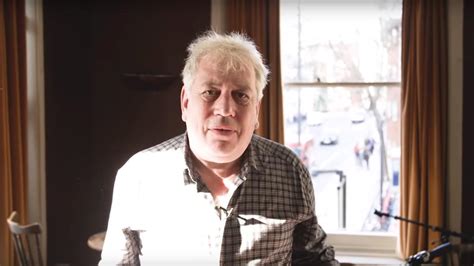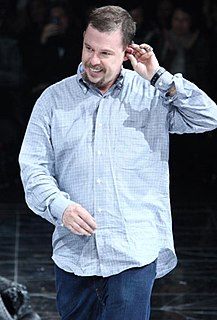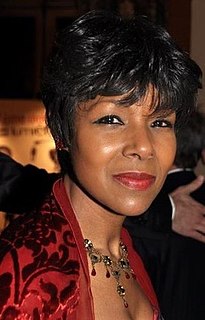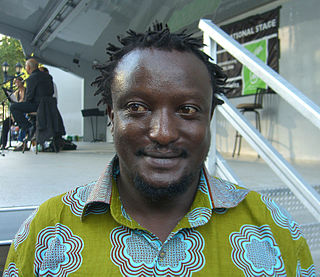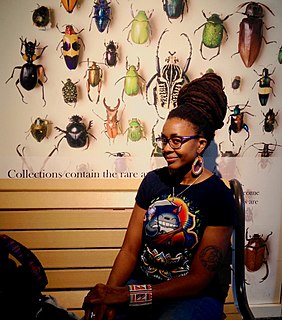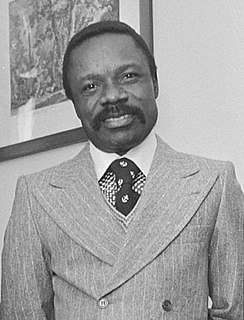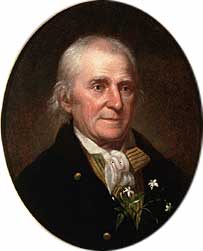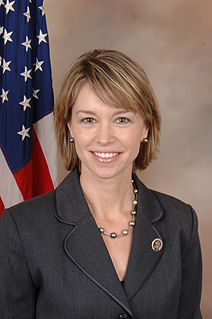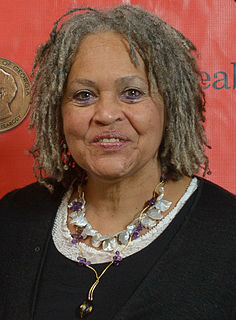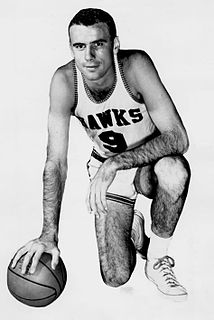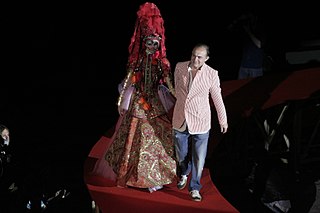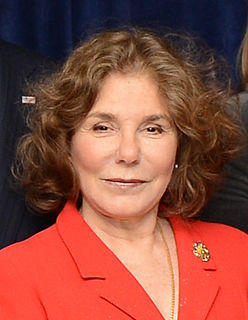Top 1200 African Tribes Quotes & Sayings
Explore popular African Tribes quotes.
Last updated on December 2, 2024.
Here is the full list of the banned words I used: active homosexual; career women; Third World; blacks; Asians; Australasia; Bangalore; primitive African tribes; crippled; in a wheelchair; hare lip; ethnic minorities; handicapped; spinster; committed suicide; gypsies; Bombay; illegitimate daughter; air hostess; Siamese twins; Calcutta; deaf ears; illegal asylum seeker; province of Northern Ireland; grandmother; bachelor.
During the 19th century, Britain fought two wars in unsuccessful attempts to subjugate the Afghans. When Britain finally drew a border between India and Afghanistan in 1893, Pashtun tribes in southern Afghanistan were cut off from related tribes across the border in what was then India and is now Pakistan.
Michael Jackson fundamentally altered the terms of the debate about African American music. Remember, he was a chocolate, cherubic-faced genius with an African American halo. He had an Afro halo. He was a kid who was capable of embodying all of the high possibilities and the deep griefs that besieged the African American psyche.
When African-Americans come to France, the French show them more consideration than they would show an African or a Black Caribbean. When African-Americans come to France, the French people are like, 'Oh, wow. Oh my God.' But if it's an African, they're like, 'Whatever.' It's all because of the past, because of our history.
We know that the African regimes, many African regimes have failed their people and many Africans want regime change, and there are a lot of African leaders who make promises but don't carry them out. I mean, the progress - I mean, it is noble for the rich countries to help Africa, but then the question is: What are African leaders themselves doing to help their own people?
For me, creating the clothes of Givenchy is the way to make my tribe. It's related to religion, too, because it's people trying to find identity - the young generation is looking for tribes. You have the hip-hop tribes, the punk tribes, the rockers, you have the hipsters, the bourgeois ... The fact of the tribe is that it's like a religion. Punk is like a religion, because it's a belief.
I can't believe it's actually happening. This is independent adulthood, this is what it feels like. Shouldn't there be some sort of ritual? In certain remote African tribes there'd be some incredible four day rites of passage ceremony involving tattooing and potent hallucinogenic drugs extracted from tree-frogs, and village elders smearing my body with monkey blood, but here,rites of passage is all about three new pairs of pants and stuffing your duvet in a bin-liner.
I don't think there are any pure Africans of the African Americans, but the African part of our history was pretty much taken away from us during slavery, so the 60s gave us a chance, because of the civil rights movement, to kind of re-examine and make some sort of formal connection to our African-ness.
My intimate knowledge of many central African tribes has everywhere convinced me of the necessity that the Negro does not respect treaties but only brute force.”• General Adrian Dietrich Lothar von Trotha on German South West Africa “At the level of individuals, violence is a cleansing force. It frees the native from his inferiority complex and from his despair and inaction, it makes him fearless and restores his self-respect.
When Marcus Garvey died in 1940, the role of the British Empire was already being challenged by India and the rising expectations of her African colonies. Marcus Garvey's avocation of African redemption and the restoration of the African state's sovereign political entity in world affairs was still a dream without fulfillment.
While the Pilgrims landed on 'Plymouth Rock' in 1620, the Spanish had already settled in to the Southwest beginning in the late 1500s, and with the coming of Europeans, some tribes suffered massive declines in populations due to disease and violence. Some Tribes were wiped out by 90 percent, while others were completely decimated.
I use African-American, because I teach African Studies as well as African-American Studies, so it's easy, neat and convenient. But sometimes, when you're in a barber shop, somebody'll say, "Did you see what that Negro did?" A lot of people slip in and out of different terms effortlessly, and I don't think the thought police should be on patrol.
I don't think I'm wrong when I say that the most beautiful objects of the "stone age" were made of skin, fabric, and especially wood. The "stone age" ought to be called the "wood age." How many African statues are made of stone, bone, or ivory? Maybe one in a thousand! And prehistoric man had no more ivory at his disposal than African tribes. Maybe even less. He must have had thousands of wooden fetishes, all gone now.
One of the things that made the Black Muslim movement grow was its emphasis upon things African. This was the secret to the growth of the Black Muslim movement. African blood, African origin, African culture, African ties. And you'd be surprised - we discovered that deep within the subconscious of the black man in this country, he is still more African than he is American.
Writing has always been a serious business for me. I felt it was a moral obligation. A major concern of the time was the absence of the African voice. Being part of that dialogue meant not only sitting at the table but effectively telling the African story from an African perspective - in full earshot of the world.
So what? A lobbyist cheated Indian tribes out of $25 million then laundered their money through phony Christian charities trying to stop other Indian tribes from getting casinos [on screen: 'Thou Shalt Not Compete'] and bribe congressmen in the process. Know what I call that? I call that business as usual in Washington. [on screen: 'Screwing Indians']
We do not have a South African as a member of the African Commission. The President of the Commission comes from Mali, the Deputy comes from Rwanda and then we have got all these other members, ordinary commissioners. There is no South African there. And the reason, again, for that is not because we didn't have South Africans who are competent.
Ninety-nine percent of the time humans have lived on this planet we've lived in tribes, groups of 12 to 36 people. Only during times of war, or what we have now, which is the psychological equivalent of war, does the nuclear family prevail, because it's the most mobile unit that can ensure the survival of the species. But for the full flowering of the human spirit we need groups, tribes.
It was easy to persecute me without people feeling ashamed. It was easy to vilify me and project me as a woman who was not following the tradition of a 'good African woman' and as a highly educated elitist who was trying to show innocent African women ways of doing things that were not acceptable to African men.
One was a horrible case called Oliphant v. Suquamish Indian Tribe which denied tribes the right to criminally prosecute non-Indians who commit crimes on their reservations. That decision has had horrible consequences for law enforcement on Indian reservations. But in that opinion Justice William Rehnquist cites language from the 1830s to explain why whites didn't trust tribes to exercise criminal jurisdiction. They were savages.
To really talk about African story, and teach this story, you have to teach that tribes were actually nations. You have to teach that chiefs were actually kings, with kingdoms. You have to teach that there was a structure that worked in Africa prior to colonialism. You have to teach that countries were colonized that were doing fine by themselves. And that's uncomfortable.
It should be remembered that hundreds of people of African ancestry also walked the Trail of Tears with the Cherokee during the forced removal of 1838-1839. Although we know about the terrible human suffering of our native people and the members of other tribes during the removal, we rarely hear of those black people who also suffered.
